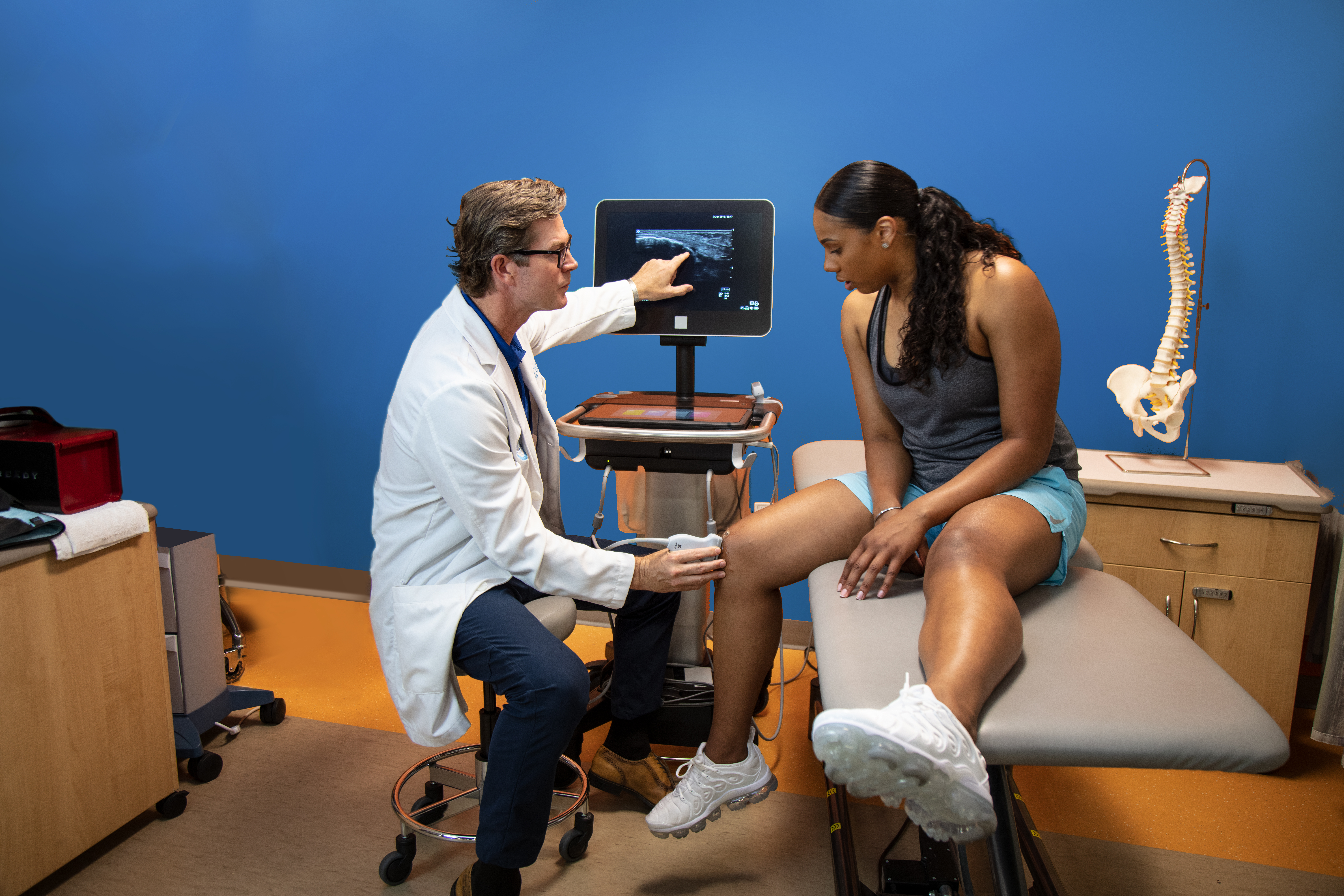
Care from Kaiser Permanente helps keep your employees healthy and on the job. We’re known for preventing health problems or catching them early — which is essential for maximizing workforce health while minimizing health care costs. But we also deliver industry-leading specialty care.
When an employee is diagnosed with a serious illness like heart disease or cancer, they’re surrounded by highly trained and compassionate care teams working together to deliver personalized treatment that creates paths to better health.

